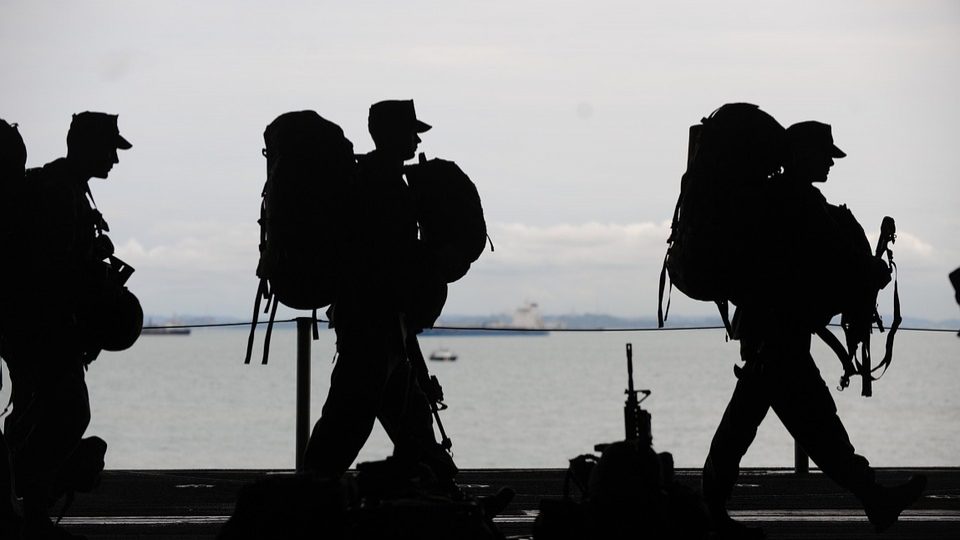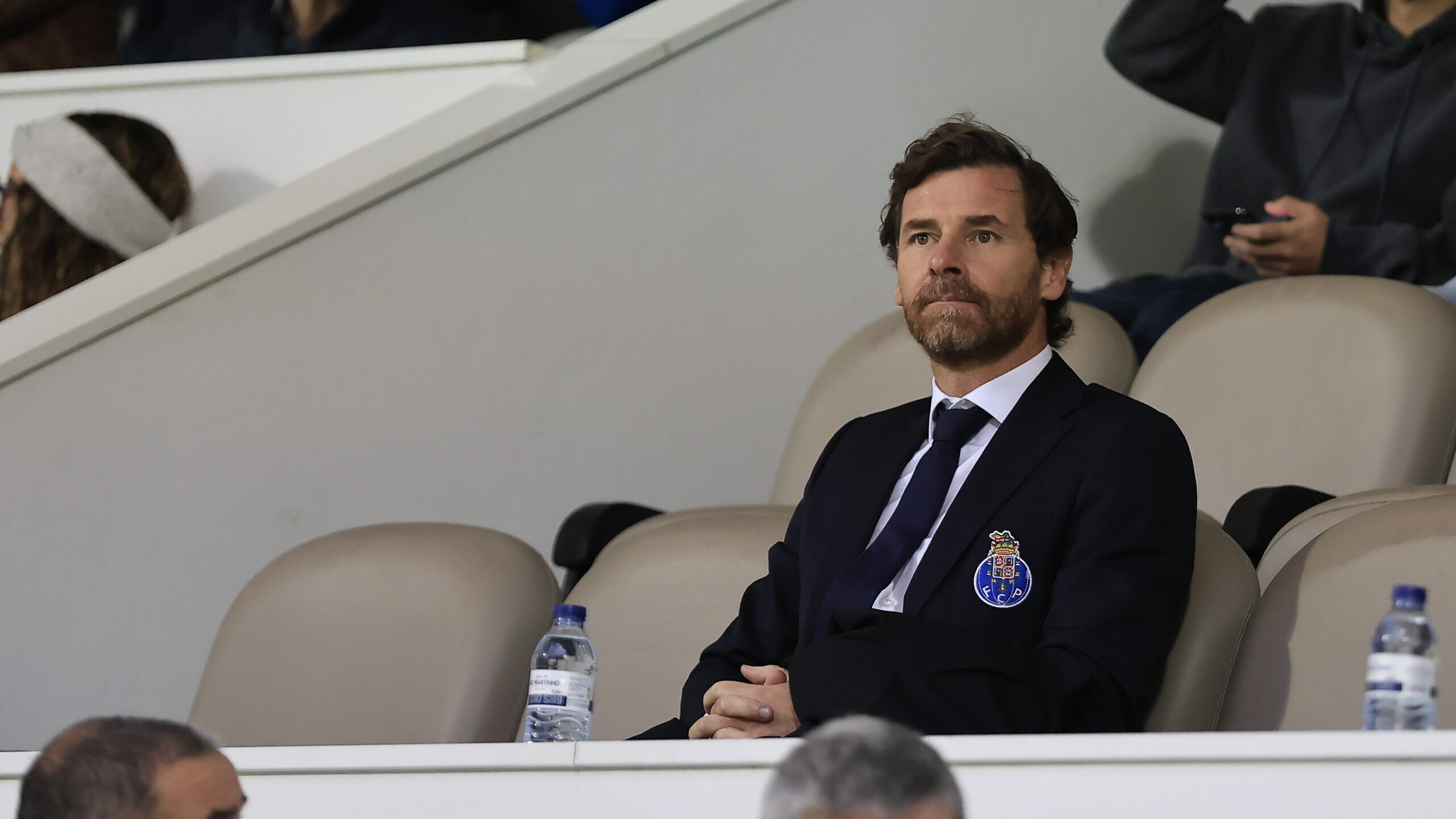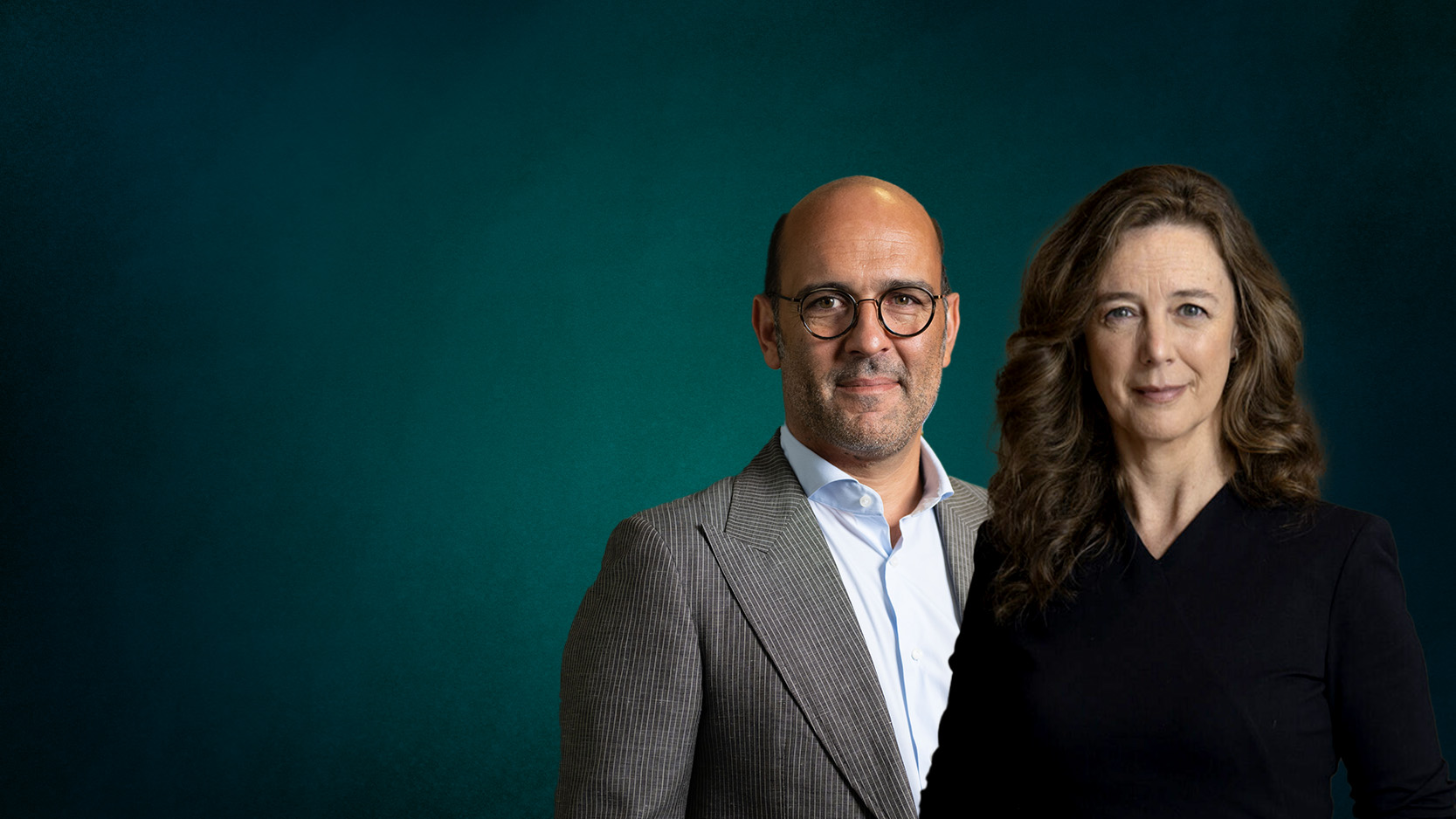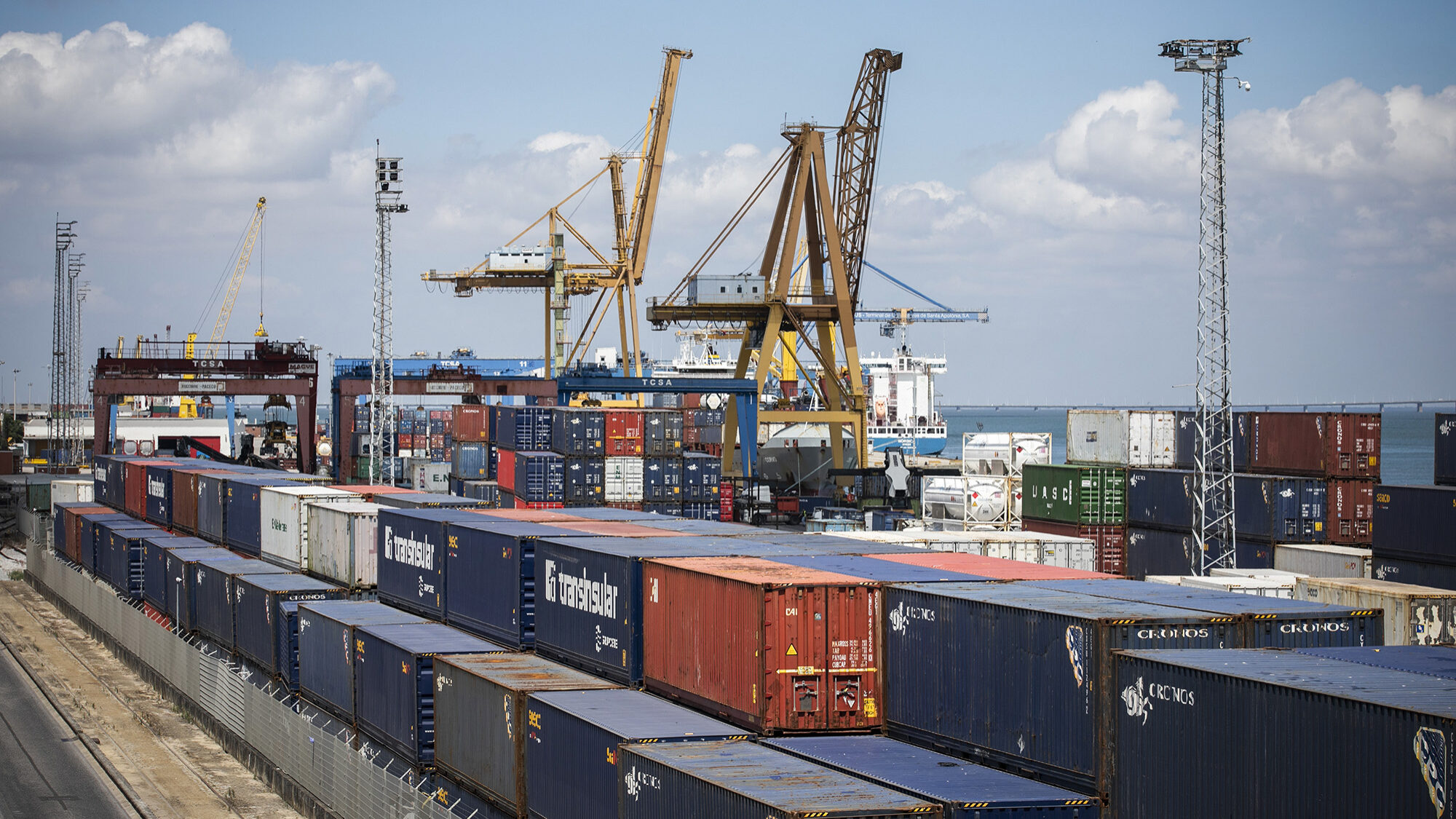“Portugal must be in the productive cycle” of European Defence, says minister Nuno Melo
The Minister of Defence says there is "huge scope" and “opportunity" for Portuguese industry to produce components or maintain equipment for European security.
Portugal must “pull the trigger” on production lines for Defence machinery and components. This is the message from Minister Nuno Melo, who believes that the country has a new opportunity for reindustrialisation in the face of the challenges facing European security.
“We have to produce more in Europe and buy more in Europe. The options have to be European and Portugal has to be in the production cycle. That doesn’t mean from A to Z, but in the production of components or maintenance”, the Minister of Defence appealed this Thursday at the “Draghi Report” conference on Security and Defence, organised by ECO.
European Union (EU) Defence purchases, most of which come from non-EU countries, are also a concern for the current government, which considers Portugal to be a nation with export capacity in this sector. “Around 80% of EU purchases come from outside the EU, so there’s a huge margin. And they have to be ours too”, he said.
The Defence Minister was referring to acquisitions within the scope of the Military Programming Law (LPM) and outside this legislative framework, namely training aircraft, simulators, firefighting bombers, artillery systems, armoured and non-armoured vehicles, drones or refuelling ships.
“Portugal manufactures some of the best drones in the world, for war and peace contexts. We must see the weaknesses in the European Union’s defence industries as an opportunity. We can’t miss it. Portugal cannot remain on the sidelines of the dynamics of a process that won’t go back”, he warned.
The Defence Minister was referring to acquisitions within the scope of the Military Programming Law (LPM) and outside this legislative framework, namely training aircraft, simulators, firefighting bombers, artillery systems, armoured and non-armoured vehicles, drones or refuelling ships.
“Portugal manufactures some of the best drones in the world, for war and peace contexts. We must see the weaknesses in the European Union’s defence industries as an opportunity. We can’t miss it. Portugal cannot remain on the sidelines of the dynamics of a process that won’t go back”, he warned.
According to Nuno Melo, national investment in Defence — currently 3.1 billion euros — doesn’t require taking money away from other sectors, nor does it “compare with other areas of sovereignty”, such as Education, where more than seven billion euros are allocated annually. “We want to generate a return for the economy and not take money out of the state budget”, he reiterated.
“Every KC sold means 10 million for the state”
Nuno Melo gave as an example the recent acquisition of 12 A-29N Super Tucano aircraft for 200 million euros, the refurbishment of which will be carried out in Portugal. In other words, the reconfiguration of Embraer’s aircraft for the NATO context will be carried out exclusively by Portuguese companies and 75 million euros will be invested in private companies for the development of defence technologies. “Even in our procurement policy we want to ensure a return for the economy”, he stated, explaining that purchases in Portugal are both military and civilian.
The Defence Minister also said that Portugal operates almost like a sales agency for KC military aircraft in Europe. “Every KC that is sold means 10 million dollars going into the state coffers”, he revealed.
On the subject of the Draghi report on European competitiveness, Nuno Melo listed a series of topics that relate to the country, including capital — the importance of “intensive industry that requires reinforced investment and financing” — control of public accounts — a portfolio handed over to Finance Minister Joaquim Miranda Sarmento, with whom he is coordinating — and public procurement with the “green lane”, “which involves transparency” and debureaucratisation.
He also highlighted the close connection between the ministry he heads and the Ministry of the Economy, led by Pedro Reis, in order to maximise the economic return from the increased investment in Defence.




